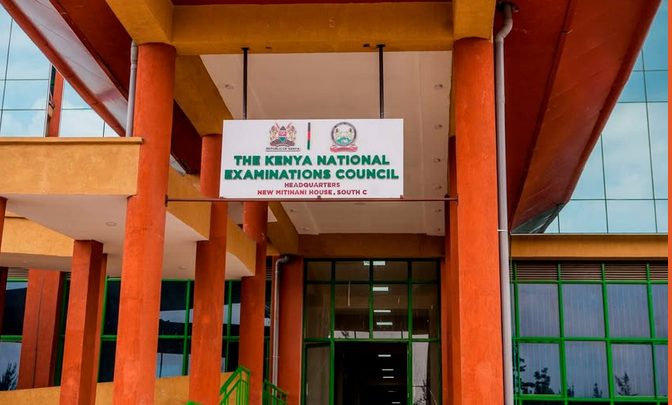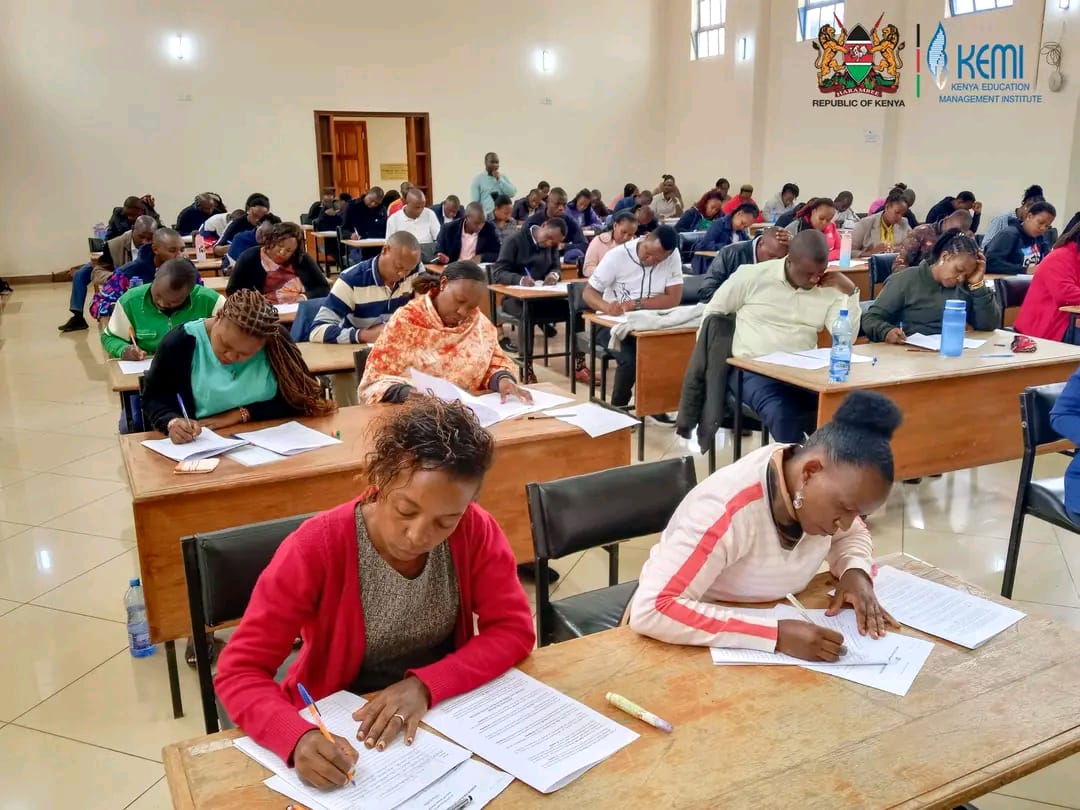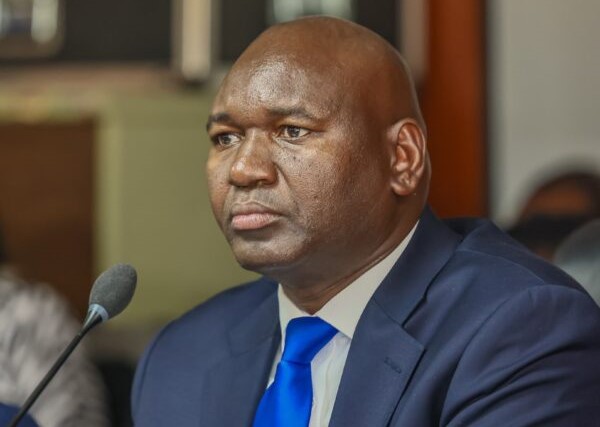By Staff Reporter
The Building Bridges report has proposed radical changes in the education sector that would affect learners and the teaching fraternity.
While the delocalisation policy was strongly opposed by the Kenya National Union of Teachers when it was introduced three years ago, it will become the norm if the report is adopted.
The report discourages local recruitment and staffing of teachers as a way of promoting ethnic diversity in learning institutions.
To reduce ethnic suspicions, the stakeholders also recommended incorporation of national unity, character and cohesion lessons in the curriculum, particularly in the learners’ formative years.
It further recommends policies that promote social integration, especially in regard to admission to schools and institutions of higher learning.
Proposals extending the repayment period of student loans have been welcomed by university students.
The Kenya University Student Organisation (KUSO) leadership welcomed the proposals, saying they captured their wish list.
“It is a win for students to have all our recommendations captured in the BBI’s final report,” said KUSO president Antony Manyara, who pledged to popularize it.
He warned politicians against diluting the contents of the report which, he said, offered long-term solutions, instead of tokenism, to the country’s youth.
“The BBI moment has afforded students and the youth a rare opportunity to be part of a positive change process and that is an opportunity we gladly embrace. BBI is our voice and we must be heard,” said Manyara.
The report proposed amendments to the Higher Education Loans Board Act to give loanees a grace period of four years after completion of studies before repaying the loans.
Loanees without a source of income would also be exempt from paying interest on the loans.
Stakeholders who made presentation to the BBI team felt the government was not doing enough to promote Technical Vocational Education Training (TVET) and Science, Technology, Engineering and Mathematics (STEM) education.
They said industrialisation would only be realized if the two areas were given the attention and resources they deserve.
The BBI report recommends the mainstreaming of technical training and STEM in the country’s education system.
“TVET can be mainstreamed in the education system even at the basic education level through Science, Technology, Engineering and Mathematics (STEM) subject development.
The BBI report says revision of curriculum to focus on technical subjects from early stages is an important first step to nurture and open opportunities for young people.
Emphasis is also placed on the need to formulate a policy framework for harnessing, promoting and marketing the creative potential of young people in sports, music, dance, arts, ICT and other creative industries.
It recommends that all Kenyans be given equal access to a minimum level of quality education that leads to employment or entrepreneurial opportunity.
The BBI report seeks to incorporate components of the history of the peoples of Kenya and the modern Kenyan State in the new Competency-Based Curriculum (CBC).
To fight corruption, the Committee recommends that the curriculum, from the earliest to the most advanced levels, include ethics and civic components.
To prevent threats against citizens, the report recommends inclusion of conflict resolution, negotiation and counseling skills in the curriculum at all levels.






